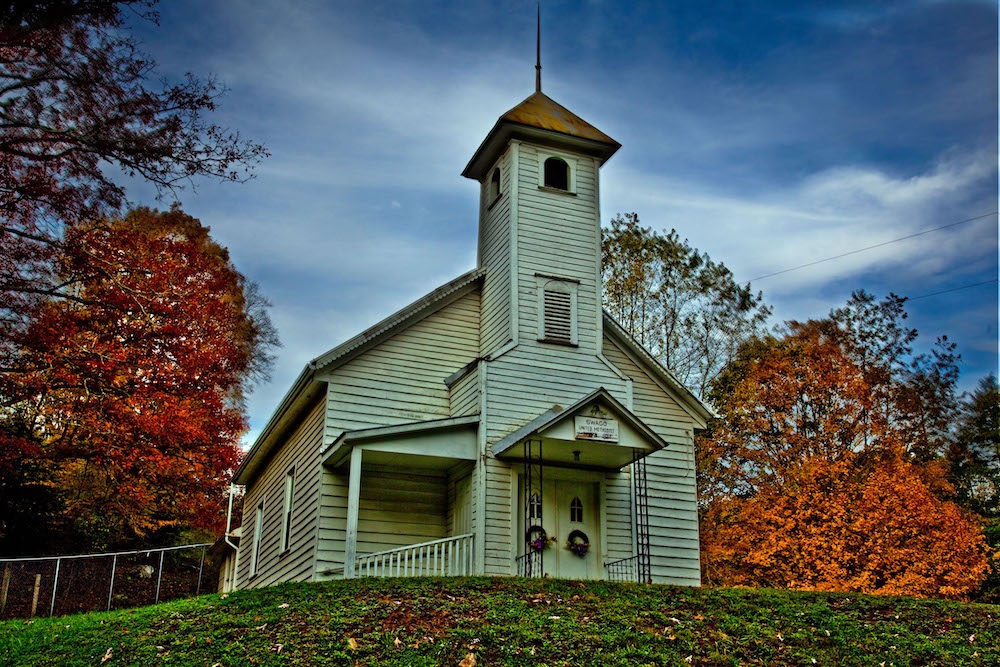We’re pleased to publish this guest feature from Patrick Stefan.
Hello. My name is Patrick and I’m going to trust you with a story. I don’t know you, but my hope is that you are reading this piece for the right reasons—to be challenged and to grow. Last week I was challenged by an article written by Paul Maxwell, and I want to speak to it. But I think you need to know something about me first, namely, I think you should know how I came into the world of Reformed evangelicalism. There are two stories: there’s the well-rehearsed one that demonstrates my theological acumen and ability to find truth, then there’s the back-story of a boy in an unsteady world looking for some semblance of certainty.
Login to read more
Sign in or create a free account to access Subscriber-only content.
Topics:
